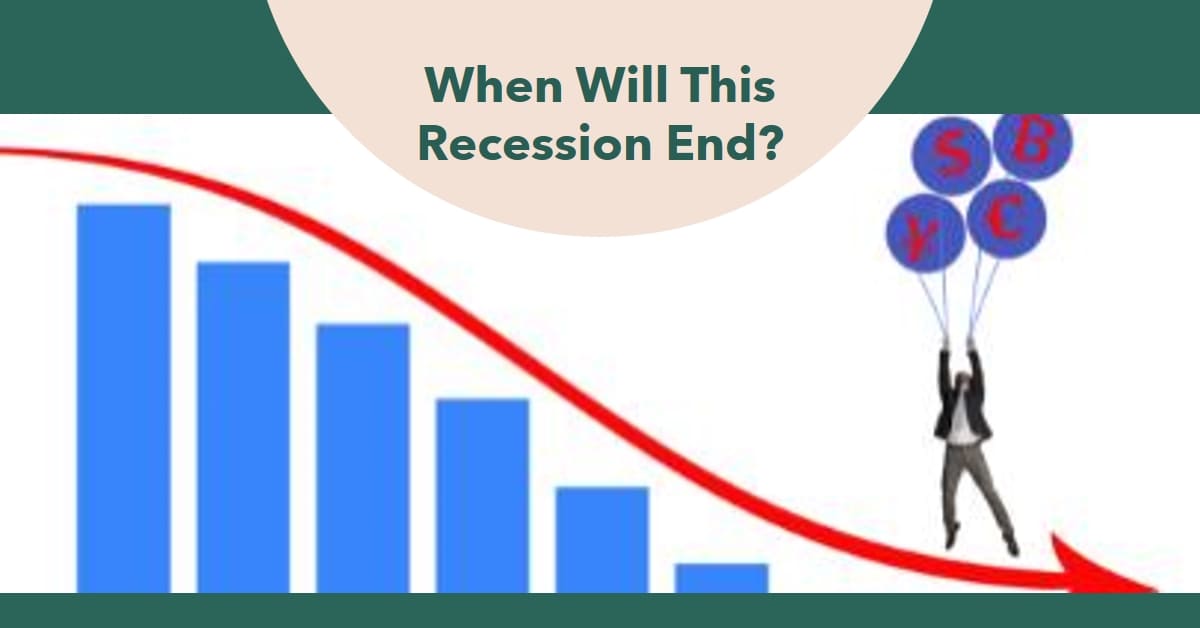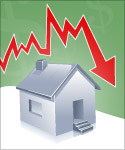When Will This Recession End? A recession is defined as two consecutive quarters of negative economic growth, measured by the gross domestic product (GDP). According to the latest data from the Bureau of Economic Analysis, the US economy grew by 2.7% in the fourth quarter of 2023, following a 4.9% expansion in the third quarter. That means the US has avoided a recession for more than a decade, since the last one ended in June 2009.
However, that does not mean the US economy is doing well. In fact, many experts predict a slowdown in 2024, as the effects of the Federal Reserve's interest rate hikes, high inflation, supply chain disruptions, and geopolitical tensions start to weigh on consumer spending, business investment, and trade.
The UBS economists expect a mid-2024 recession to trigger massive interest rate cuts by the Fed, from 5.5% to 1.25% in the first half of 2025. Other analysts are more optimistic, but still foresee a moderation in growth and inflation in 2024.
Defining the Recession
So, when will this recession end? Well, it depends on how you define a recession. If you use the technical definition of two quarters of negative growth, then we are not even in a recession yet.
But if you use a broader definition that considers other indicators such as unemployment, income, industrial production, and consumer confidence, then you might argue that we are already experiencing a recessionary environment.
In that case, the end of the recession will depend on how quickly and effectively the Fed and the government can respond to the economic challenges and restore confidence and stability.
One thing is certain: recessions are inevitable and cyclical. They are part of the natural fluctuations of the economy, and they can also create opportunities for innovation and reform. The key is to be prepared and resilient and to learn from past mistakes.
Is a Recession Coming in 2024?
Many people are wondering if the US economy will face a strong recession in 2024, after a year of strong growth and recovery from the pandemic. Some analysts have predicted that the Federal Reserve's interest rate hikes, China's slowdown, and high debt levels could trigger a downturn. However, others have argued that the US has enough momentum and resilience to avoid a recession.
Optimistic Outlook
According to The Conversation, the US economy is not in a recession and will likely continue growing. Over the past year, gross domestic product has outpaced expectations, inflation is trending downward, and employment remains robust. The article cites several factors that support this optimistic outlook, such as:
- The service sector, especially travel and entertainment, has rebounded strongly as COVID-19 restrictions eased and consumer confidence improved.
- The manufacturing sector, especially computer and electronic production, has benefited from increased domestic demand and reduced dependence on foreign supplies.
- The fiscal stimulus measures, such as the American Rescue Plan and the Build Back Better Act, have boosted household incomes and public spending on infrastructure, education, and health care.
- The monetary policy stance, despite the recent rate hikes, remains accommodative and supportive of growth. The Fed has signaled that it will adjust its policy according to the economic conditions and inflation expectations.
Risks and Uncertainties
Therefore, it seems unlikely that the US will experience a recession in 2024, unless there is a major shock or disruption to the global economy. However, there are still some risks and uncertainties that could affect the outlook, such as:
- The Omicron variant or other new variants of COVID-19 could pose a threat to public health and economic activity.
- The geopolitical tensions between the US and China, Russia, Iran, or North Korea could escalate into a conflict or a trade war.
- The financial markets could experience volatility or instability due to changes in investor sentiment or expectations.
- The environmental issues, such as climate change, natural disasters, or cyberattacks, could cause damage or disruption to the economy.
The US economy is expected to maintain its growth momentum in 2024, but it is not immune to potential shocks or challenges. Therefore, it is important to monitor the economic indicators and trends closely and be prepared for any changes or surprises.




